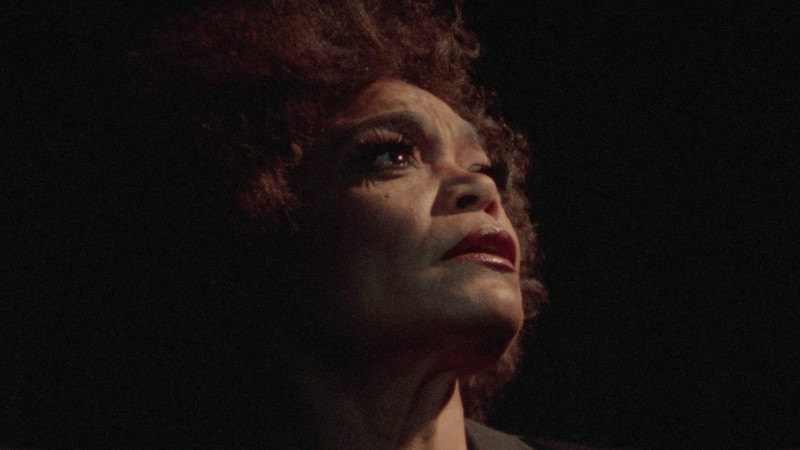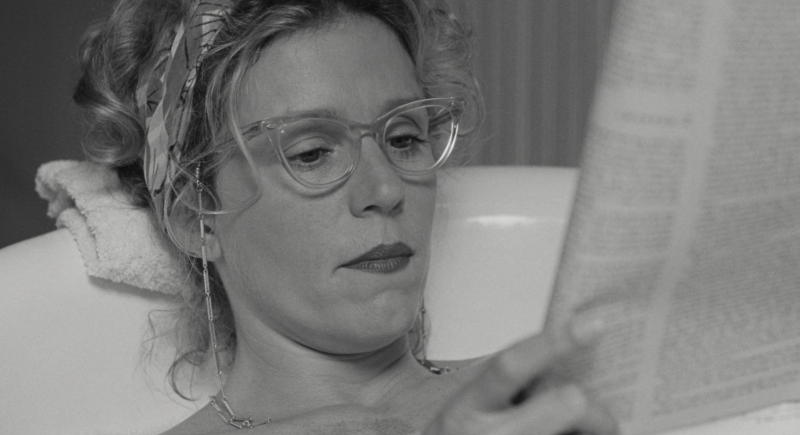To the Tune of Mortality: “The Gondola Song” in Ikiru

It will always figure for me as an interval of eerily suspended time: not only a formative moviegoing experience but a jolt of awareness when the line between screen and life dissolved. In a dimly lit Tokyo cabaret the pianist has wrapped up a clattering boogie-woogie number amid an explosion of firecrackers, and is asking for requests. The drunk old guy in the overcoat and the newly purchased bowler hat murmurs the opening line of a song. The pianist agrees with a look of amusement—“That love song from back in the nineteen teens?”—and taking another swig of beer pounds out a slow waltz tune, making it sound like the antiquated accompaniment for a silent movie. (We’ve already heard the melody briefly over the main titles, but the aftertaste of its fragile lyricism barely withstands the film’s opening shot: an X-ray of a cancerous stomach tumor, identified as such by a dry and matter-of-fact narrator.)
Through a beaded curtain couples are seen moving onto the dance floor, while the old man, offscreen, begins to sing in a muffled voice dredged up from a nearly inaccessible depth of regret: “Life is brief; fall in love, maidens, before the crimson bloom fades from your lips . . .” The couples stop and turn in the direction the voice is coming from. The cabaret dancer flirtatiously curled up on the old man’s lap detaches herself and begins to back away. The pianist looks at him quizzically while keeping up his mechanical accompaniment. The old man continues to sing. As he begins the second and final verse, the camera stays fixed on his face. There are tears in his eyes. He stares straight ahead. For a moment everything else has ceased to exist.
We are, at this point, some forty-five minutes into Akira Kurosawa’s Ikiru (1952). In that time there has not been a pause. We have been introduced to this old man, Kanji Watanabe, Section Chief of the Public Affairs Division, and received a quick exposition of the red tape and circumlocution of the bureaucratic system of which he is a functionary, a system designed to frustrate the needs of ordinary citizens—in this case a group of poor women seeking to reclaim a toxically polluted bit of urban wasteland and turn it into a children’s playground. The narrator has already informed us that Watanabe has only months to live, and before long he knows it himself. In the role of Watanabe, Takashi Shimura incarnates a man who has already retreated so far into himself as to be barely present—his shoulders hunched, his eyes cast down—and after grasping his prognosis he is scarcely able to speak. The soundtrack goes silent while he walks home from the clinic until, as he steps off the curb, the cacophony of traffic noise kicks in at full and extended blast.






